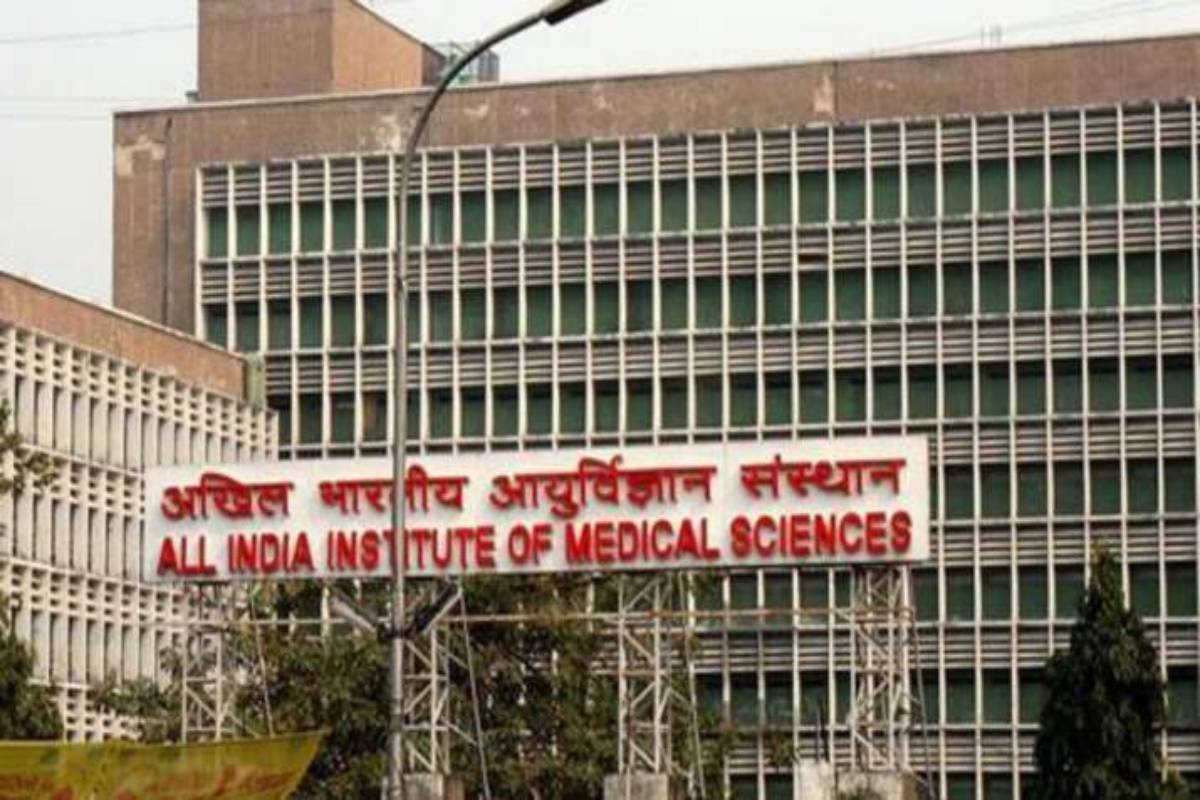The All India Institute of Medical Sciences (AIIMS) Delhi has announced the setting up of a bottling facility for the supply of clean drinking water packaged in reusable glass bottles at the premier institute.
The decision was taken by AIIMS director M Srinivas in a bid to reduce the environmental impact of disposable drinking water cups.
Advertisement
Recognizing the pressing need to shift away from single-use plastics in meetings, conferences, and other events, AIIMS Delhi is dedicated to providing an eco-friendly alternative for acquiring hygienic packaged drinking water, the institute said on Thursday.
“The bottling facility will be situated under the administrative purview of the central cafeteria and equipped with cutting-edge technology for no-touch automated washing, disinfecting, repackaging, and sealing of glass bottles. Initially, it will have the capacity to process at least 15,000 bottles (500ml each) per month,” it said.
This facility will ensure compliance with all necessary statutory requirements, including FSSAI registration, to guarantee the highest quality and safety standards, it added.
The AIIMS said the bottling facility will serve as the central point for sourcing packaged drinking water at the institute for all official meetings and conferences. The facility’s services may also be extended to benefit patients and their attendants, based on feedback and demand.
Talking about this eco-conscious initiative, Srinivas said, “We are proud to take this significant step towards environmental sustainability. By reducing the use of disposable plastic bottles and offering clean drinking water in reusable glass containers, we are not only promoting environmental responsibility but also contributing to a healthier and more sustainable future.”
Rima Dada, Professor in-charge, media cell said, “This initiative reflects AIIMS Delhi’s commitment to environmental conservation and aligns with the government’s vision of reducing plastic waste. It underscores the institute’s dedication to delivering high-quality healthcare services while maintaining ecological responsibility.”











